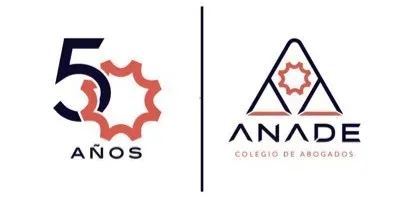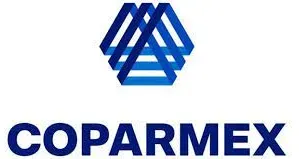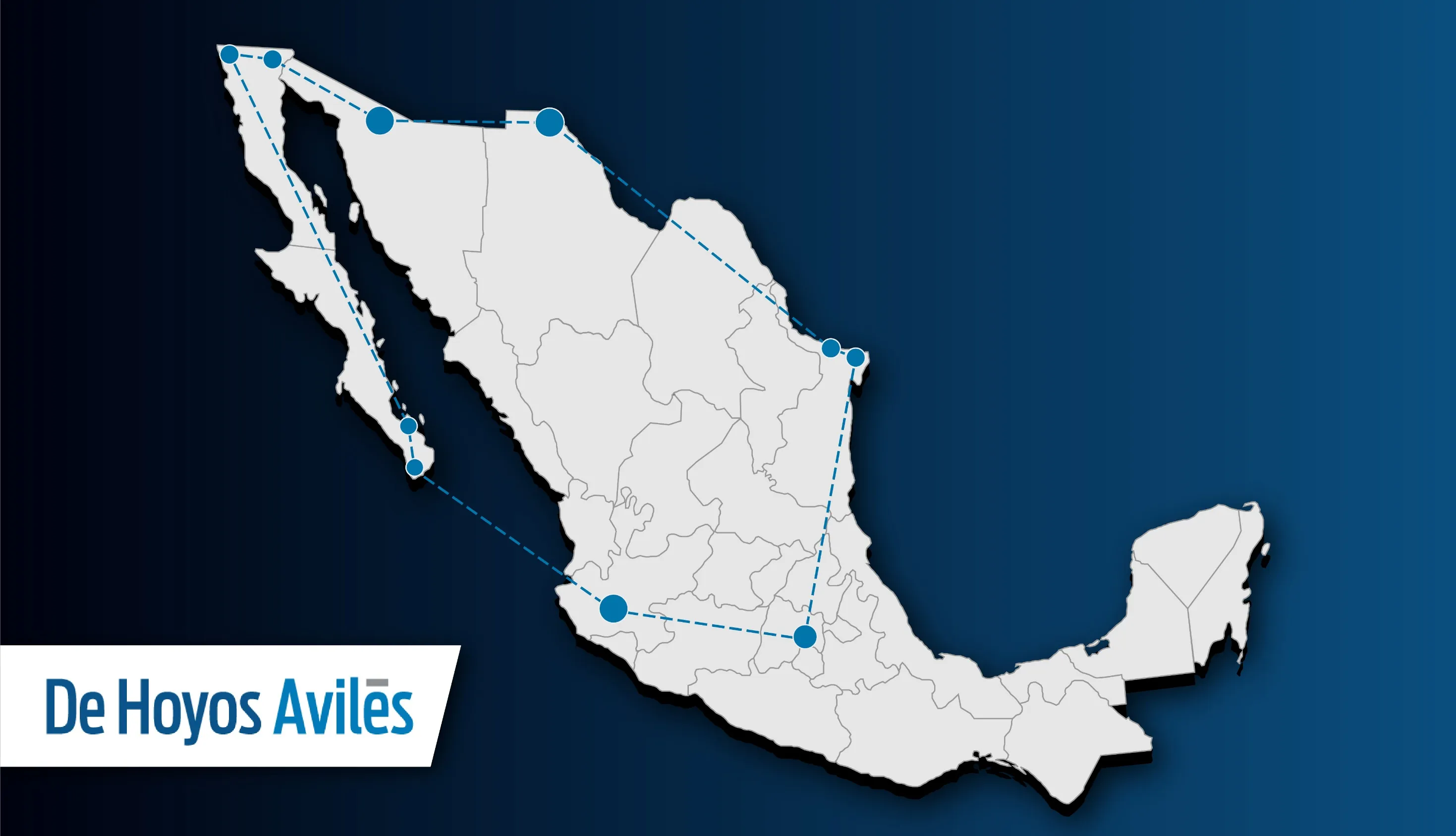REAL ESTATE & CLOSING SERVICES
Investing in real estate in Mexico involves navigating a complex legal landscape.
The process of buying and selling real estate in Mexico is similar to that in other countries, but there are some unique legal requirements that must be met.
For example, the contract must be in Spanish, and both parties must sign the contract in the presence of a notary public.
Foreigners are generally prohibited from owning property within 50 kilometers of the coast or 100 kilometers of the country's borders. However, there are ways to invest in these areas through a Mexican corporation or a trust called a fideicomiso.
The attorneys at De Hoyos & Avilés have in-depth knowledge of Mexican and local laws governing the real estate and closing services, which allows them to offer accurate and personalized advice to their clients.
The Law Firm of Hoyos y Avilés is made to assist you in any legal matter concerning real property, mortgages, real estate, or construction.
We are committed to providing our clients with the best legal service.
We have over 55+ years of experience in real estate in Puerto Vallarta, Tulum, Cancun, Cabo San Lucas and Guadalajara. In addition to our legal expertise, we have a dedicated team of professionals who have been with us for a long time.

FIDEICOMISO
Foreigners are generally prohibited from owning property within 50 kilometers of the coast or 100 kilometers of the country's borders. However, there are ways to invest in these areas through a Mexican corporation or a trust called a fideicomiso.

EJIDO vs. PRIVATE PROPERTY
It's important to note that ejido land cannot be bought or sold, and any use of this land must be negotiated with the local ejido community. Additionally, ejido land is subject to restrictions, such as limits on the amount of land that can be used for agricultural purposes.

CLOSING SERVICES
At closing, the buyers have to pay the purchase price and any applicable taxes and fees.The sellers must transfer ownership of the property to the buyer, and the transaction is complete, after the due diligence.
REAL ESTATE FRAUD IN MEXICO (SCAMS)
-
Real Estate frauds, commonly known as "scams" refers to illegal activities aimed at misrepresenting information on real estate property, documents, or mortgage loans as well as any transfer of money with the purpose of defrauding victims wishing to invest in a residential or commercial property.
Recently, many foreign individuals, have decided to invest in Mexico's Real Estate due to its appealing beaches and abundant coastal properties; however, investors should observe due care to prevent falling victims of these deceptive practices.
We have noticed a significant increase in these scams, mainly in tourist or industrial destinations, such as Cancun, Los Cabos, Puerto Vallarta, Tijuana , Mexicali, Ciudad Juárez, Mexico City, among others. When investing in the country, buyers need to keep in mind that Foreigner individuals may lease and own real estate and other properties in Mexico.
However, there are several guidelines that must be considered before buying real estate. Foreign individuals or companies and Mexican companies that are 100% owned by foreigners may buy real estate for residential purposes provided they comply with some requirements and permits; they can also purchase land within the Mexican "restricted zone" using a Mexican Trust or “Fideicomiso”.
Often times, retired Americans are the main target of real estate frauds. Typically, they fall prey to carefully crafted schemes and without proper guidance, they might be subject to a series of elaborate deceptions.
In Mexico, the most common type of scams are
a) The title fraud, where an individual attempts to sell a property that does not exist or attempts to sell a property that does not belong to them.
b) The repurchase of timeshares with an attractive profit margin for the time-share owner.
Real estate scammers in the country are a sophisticated group that operates in an organized manner and have their victims perfectly identified.
On many occasions, they breach real estate developers’ database, obtaining personal and/or sensitive information of the owner of the property or timeshare. By doing so, the initial contact seems legitimate.
These criminals work in various ways, but there are common practices among them that potential investors need to be aware of:
• When a victim is contacted by a scammer, they offer a property and payment scheme that is very attractive from an investment perspective. Scammers might use company names similar to other serious real estate companies, a situation that can lead to confusion.
• Victims are told that they require a Mexican tax ID and that the real estate company will take care of setting up the agreement and the entire sale process, including hiring a lawyer who will obtain the tax ID on their behalf. Victims are charged an upfront fee to cover the seller's expenses and the lawyer.
• The alleged lawyers are not registered in Mexico's Secretary of education national registry of professionals; thus, they are not certified to practice law in Mexico.
• Alleged lawyers send false official documents to the buyer that mimic real documents, these false documents are supposedly issued by the tax authorities, the Treasury, and other governmental entities.
• Payments requested after the first contact vary in nature, such as taxes, expenses for parcels, Tax ID among others. The fraudulent scheme does not end when the victim wires funds to the scammers; these scams have become so elaborate that once victims have cut off communication with the scammers because the scams have been discovered and a reasonable amount of time has elapsed, scammers approach the victims again pretending to be the Mexican government.
In this phase of the scam, they announce to the victim that the government has created a department or office to compensate victims of real property scams as long as they provide sensitive personal information.
At this point, the procedure is very similar to the first scam, first requesting relatively little money for things such as hiring Mexican lawyers, paperwork and taxes, but after the first few deposits or wire transfers, scammers make up fees to keep getting money from the victim in ever-increasing amounts.
A real estate lawyer might help buyers navigate the Mexican real estate market and provide guidance as to the requirements needed to acquire property in the country, as well as to duly investigate in the Public Registry of Property that the land they wish to buy is free from liens, and belongs to the seller.





Copyright © 2023 Wixus | Digital Marketing. All rights reserved.
Terms of Service | Privacy Policy

